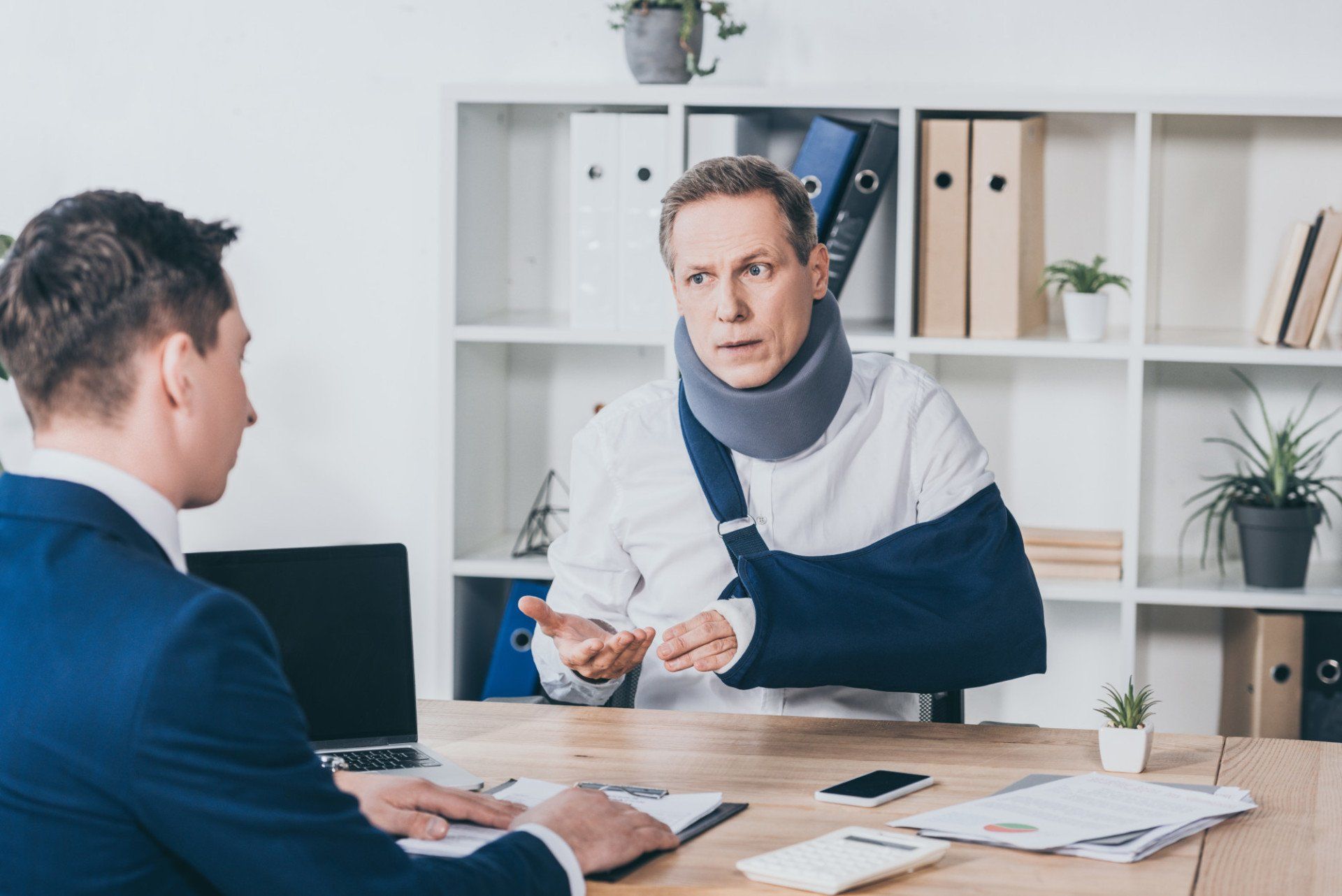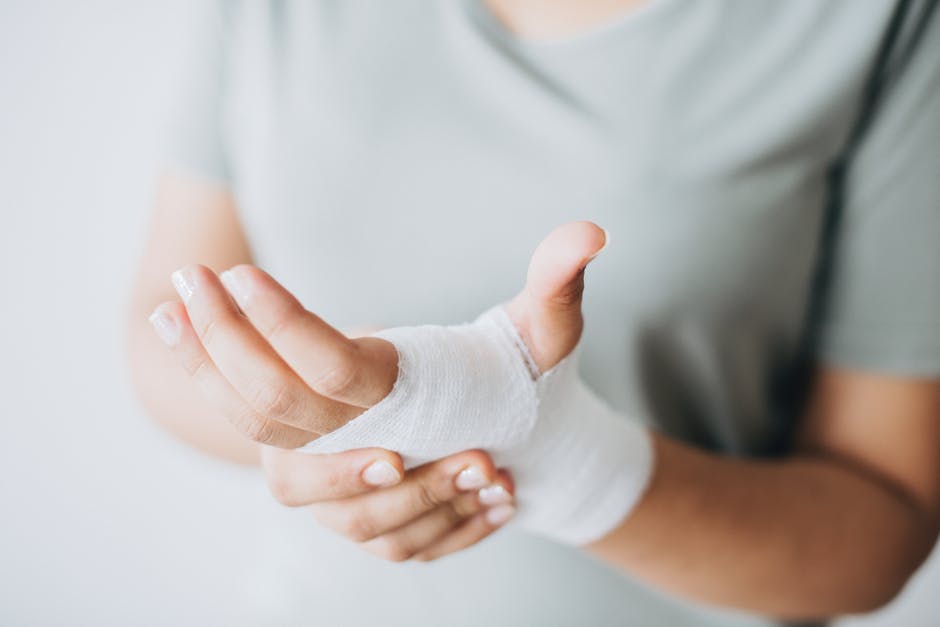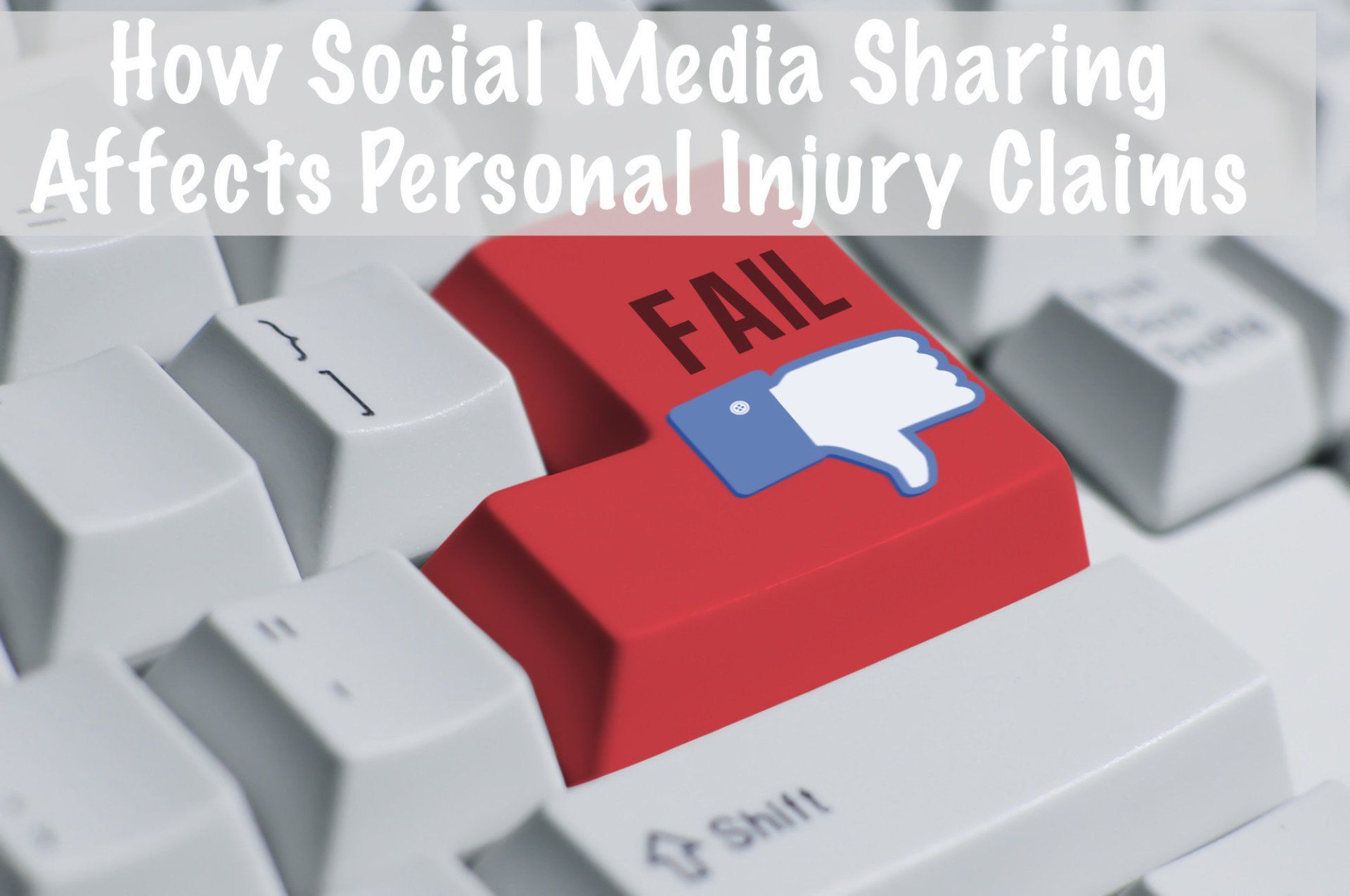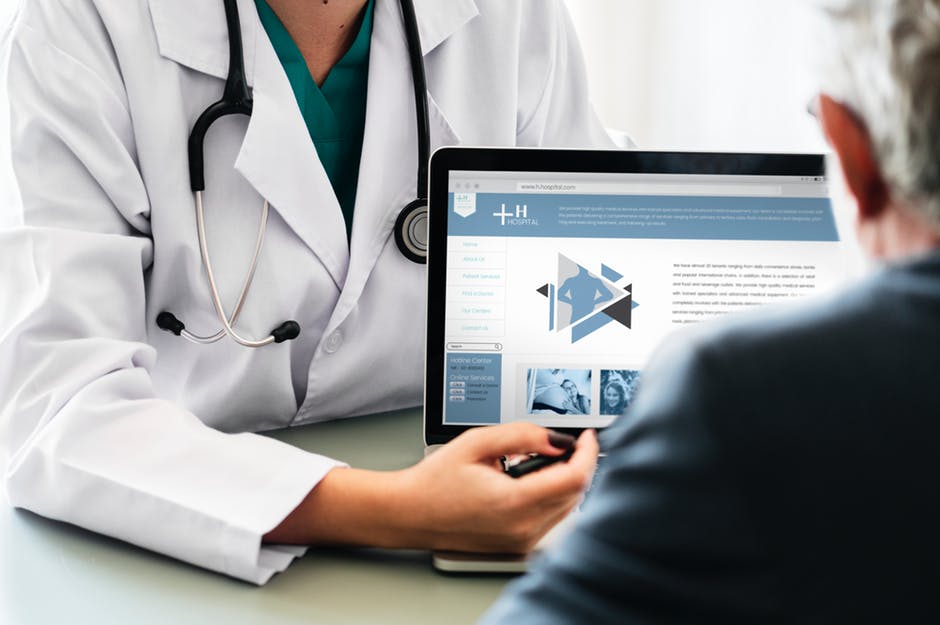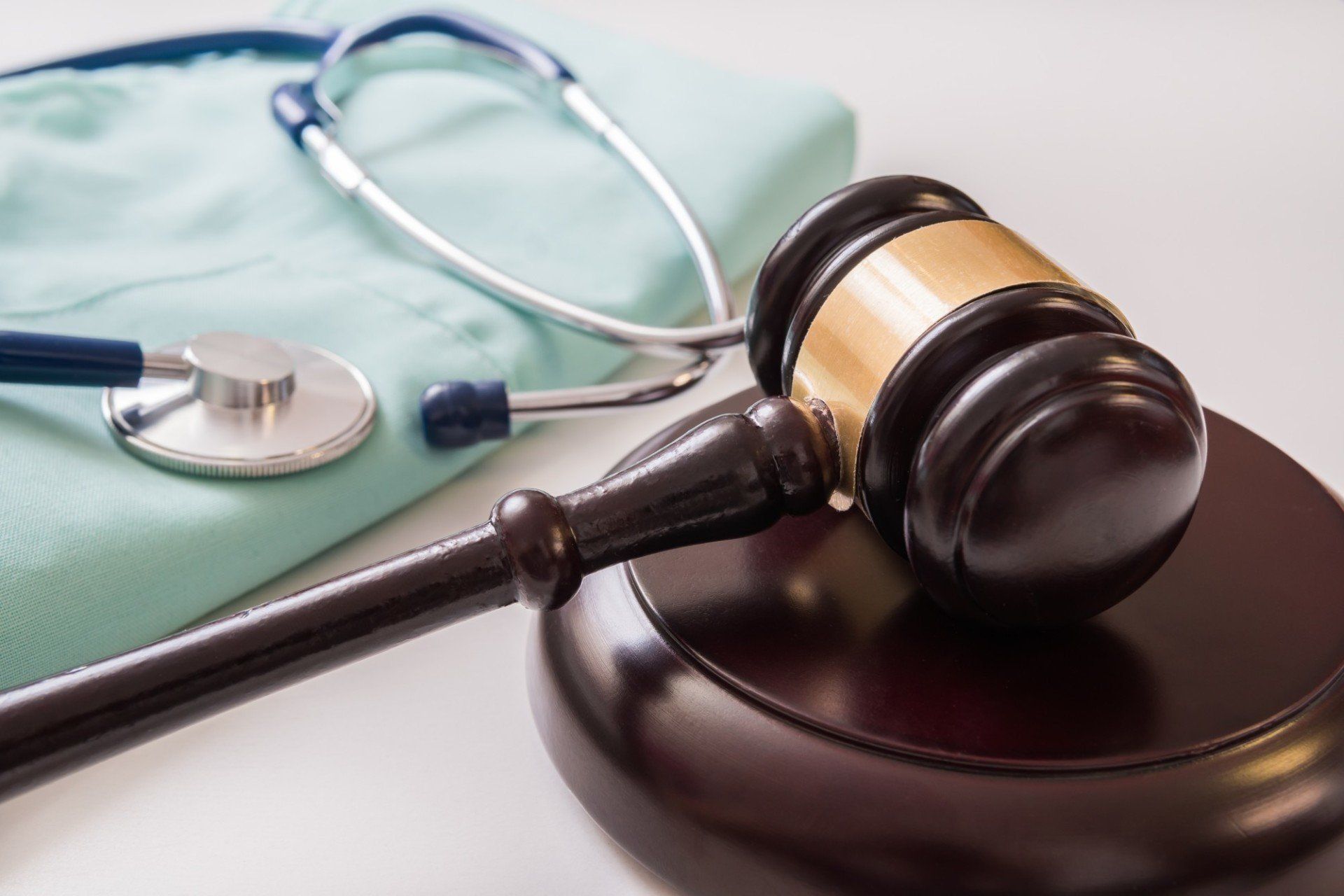Proof Positive: Understanding Types of Evidence for Personal Injury
Rick Koenig, Attorney • July 24, 2019
When you have to show a preponderance of evidence, it's important to know what types of evidence will help you win your case.
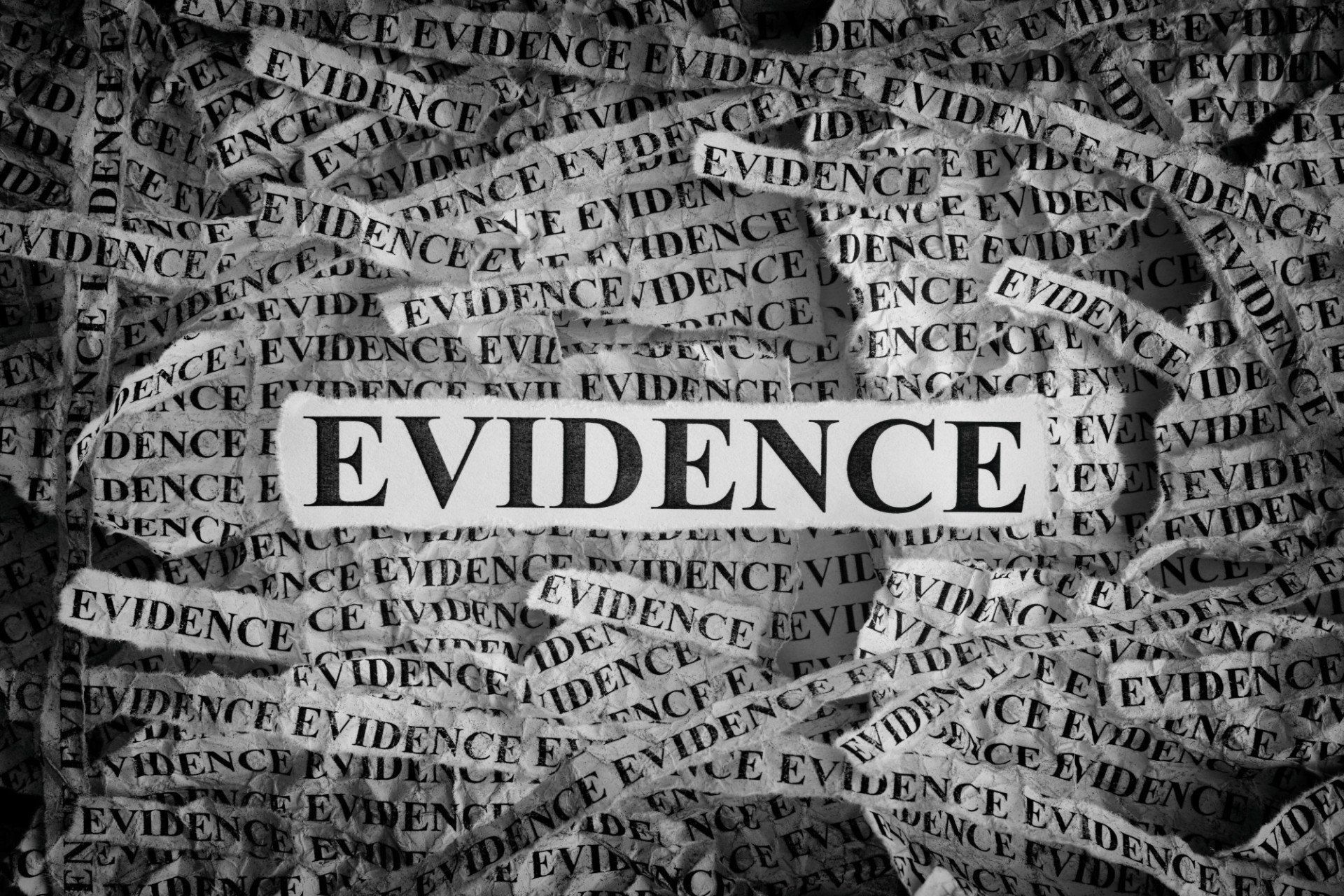
Have you sustained an injury through a recent accident?
Personal injury cases are among the most common cases filed in court today. This is because there are a lot of ways one can sustain a personal injury like a workplace accident, medical malpractice, and despite their drop in overall cases, motor vehicle crashes still continue to plague the roads.
Despite them being one of the most common cases, a lot of people still don’t know the different types of evidence that can help them with their cases. As a result, they fail their case and don’t receive the proper compensation they deserve.
For you to avoid this, we’re here to help you understand the different kinds of evidence you need to win your case. With this in mind, you’ll always come prepared and receive the compensation you deserve.
1. Physical Evidence
Physical evidence is something you can touch and see when you present it to the court. This can be anything so long as it can prove the point of your case. For example, a piece of broken metal which caused an accident in the workplace or a dented part of the car you got hit from.
This is often considered to be among the best kinds of evidence as it shows irrefutable proof that someone caused an accident at your expense and shows how you got injured. Presenting these will help your case as it often shows you’re not faking your claim for compensation and that it’s indeed required.
The problem with physical evidence though is preservation tends to be hard in some cases. It’s important you file a report as soon as you can after the accident happened. This will allow the plaintiff to preserve the evidence for future use in your case.
Doing this will only benefit you as these cases tend to take several days to come to a conclusion. During which, the evidence needed to support your claim may have gotten cleared out by then.
2. Witness Accounts
If the accident you’re involved in takes place in a public setting, then you’re presented with another means of gathering another type of evidence. Witness accounts are something the court will consider to have weight for your case. This is because these are the testimonies of those who saw the event unfold before their eyes.
For the most part, people don’t have anything to gain by telling anything but the truth. They’re often reliable sources of information on what happened in the accident. However, since the claims aren’t made under the oath of court, they’re treated as hearsay.
This means the court can hold them as inadmissible, meaning they can become invalid claims not relevant to the case. Among the different types of evidence, these ones become inadmissible most often. There’s a way you can turn the tables around with witness reports though.
You should take more statements from more witnesses on their take on the accident. More statements mean a likelier chance of the accounts being true. Make sure to have them recorded to avoid accusations that these are fake.
3. Medical Reports
This kind of evidence is best at supporting that your injury is something coming out of the accident. Medical reports often weight the most when it comes to convincing the court of the truth. The reason being there’s little chance what’s written in a medical report is false in any way.
This is an important document to have because it proves the injury isn’t self-sustained. Cases of personal injury are often a guise for some people. For the most part, their true motive is insurance fraud or something like it.
If this isn’t something you’re worried about, then you should get a medical report as soon as you can. These show you the extent of your injuries and sometimes even some you weren’t aware of. They can save your life by detecting things like internal bleeding organ damage.
You should ensure you keep a copy of all the documents given to you during your checkup. Everything from the report to the bills you get will become beneficial to you as corroborating evidence in court.
4. Police Reports
Once you’re sure everything is fine with you after the accident, you should go to the police and file a report. This prompts them to record the state of things after the accident. Sometimes, this also prompts an investigation from them.
Their findings can be useful for your case if ever you need to prove the accident is a result of negligence in the workplace, road, or in medical practice.
This report is also important as a detailed report on important parts of the accident will be in it. The date, place, and exact time of the accident are all recorded here. They may also uncover more evidence on the accident during their investigation.
If that happens, you can use the new evidence to get more for your compensation. This is likely to only happen if the evidence they uncover directs to gross negligence.
5. Picture and Video Evidence
One of the most common mistakes after an accident is that people forget to use their smartphones. You should contact emergency personnel and inform them of what happened as soon as you can. You should also use your phone to take pictures and videos of what happened.
A simple snapshot of what the accident looks like can change the outcome of your case altogether. It can turn your demonstrative version of what happened in the accident and turn them into real evidence to support the case you’re filing for personal injury.
Dashcam videos can also be great evidence to use in a personal injury case. This tells the court how none of it was your fault and shows why it’s right to give you compensation.
Understand the Types of Evidence and Win Your Personal Injury Case
There are many types of evidence you can use to show in court to support your case. Read the guide above to understand which type will help you win your case today!
Looking for a good attorney to help you with your personal injury case? Contact us here and we’ll get in touch with you as soon as we can!

